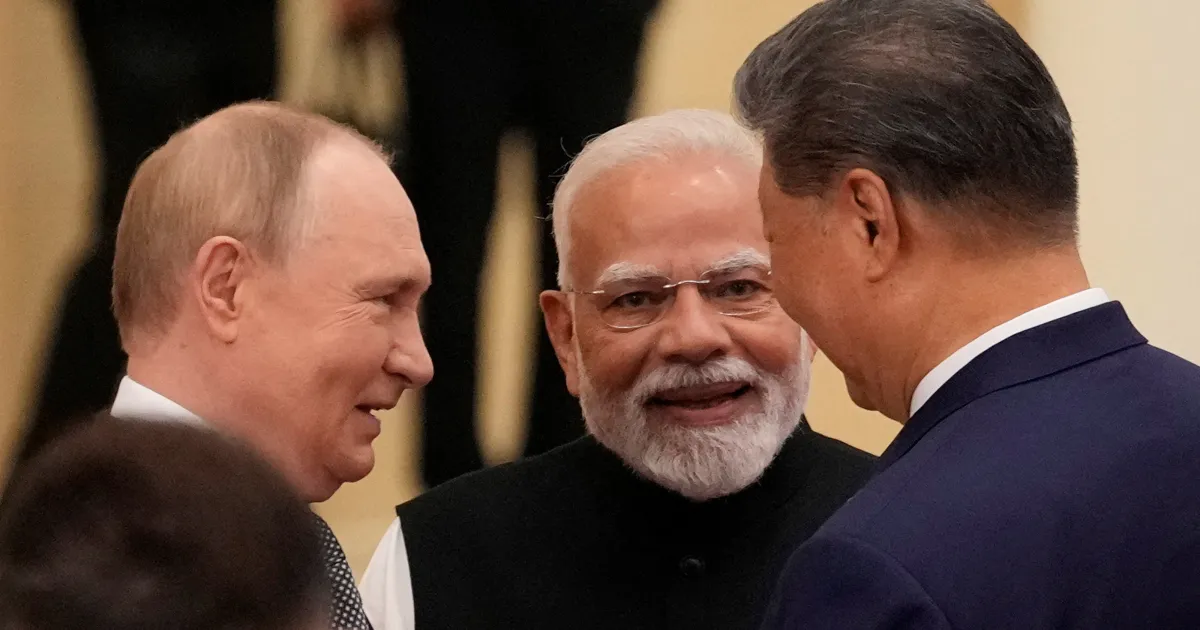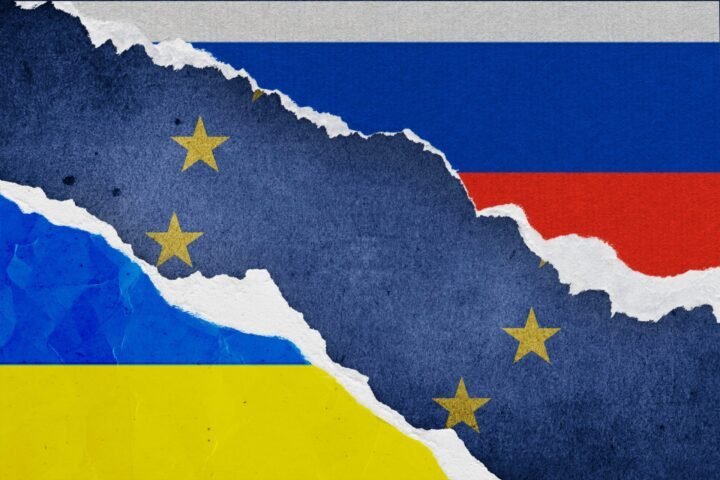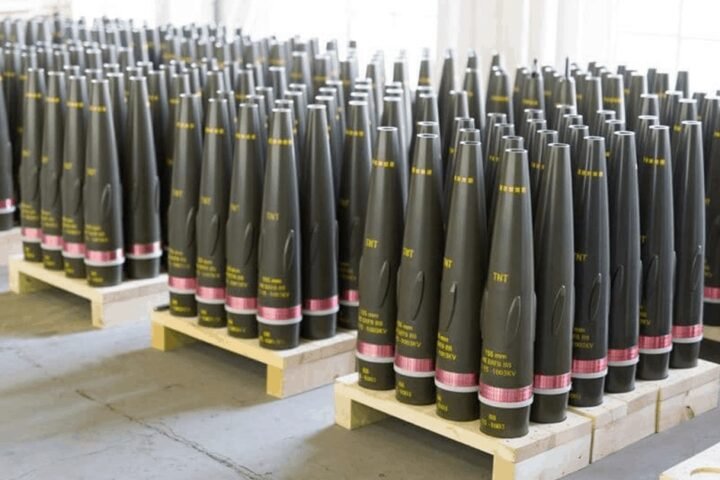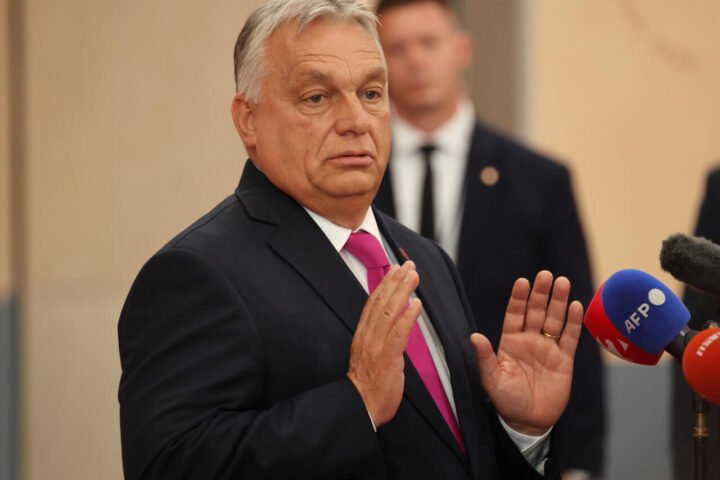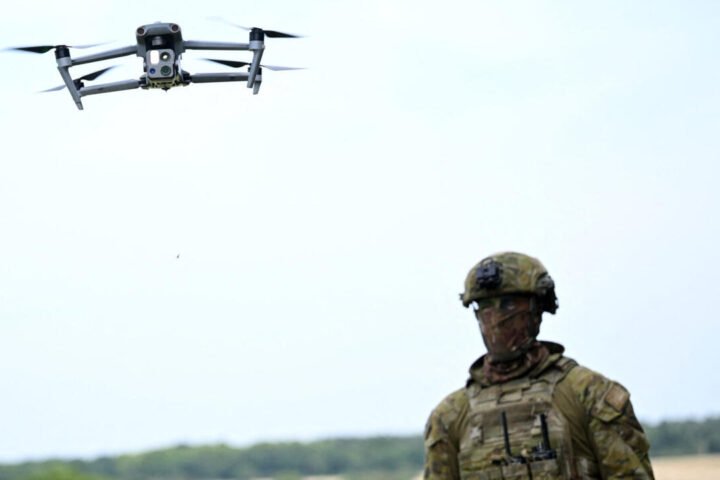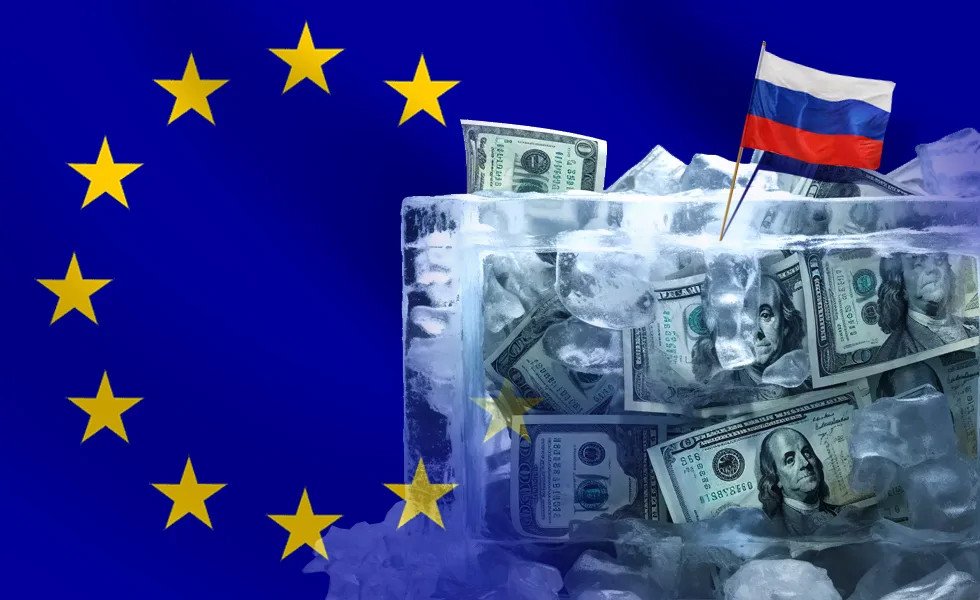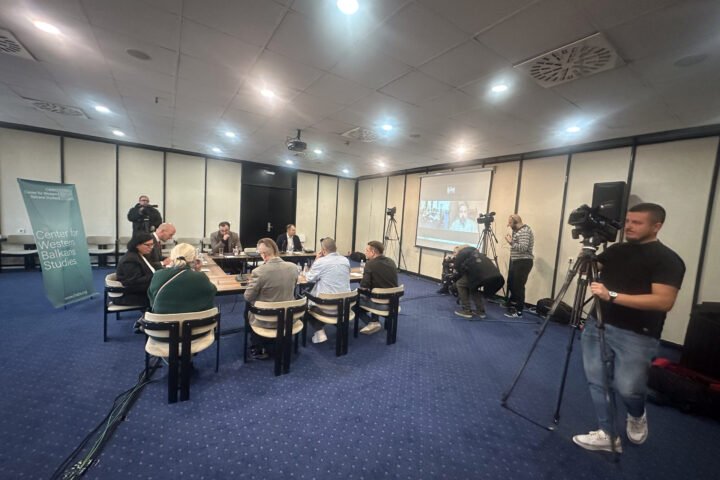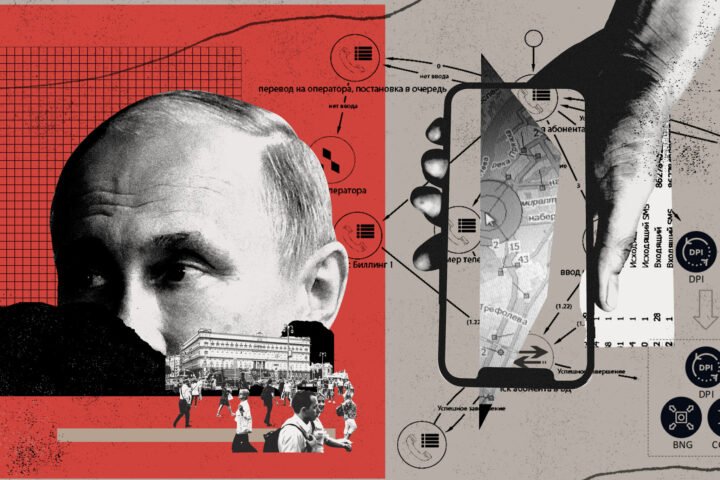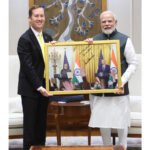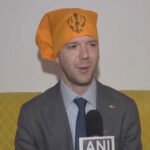The Shanghai Cooperation Organization (SCO) summit concluded on September 1, 2025, in Tianjin, China, bringing together more than 20 world leaders. Hosted by Chinese President Xi Jinping, the gathering was presented as a triumph for Beijing, signaling the country’s growing global influence. Notable participants included Russian President Vladimir Putin and Indian Prime Minister Narendra Modi, whose presence underscored shifting alignments in response to U.S. pressure. According to Reuters, the summit sought to consolidate a vision of a multipolar world that challenges Western dominance.
Xi strengthens role as leader of an alternative bloc
Xi used the platform to highlight China’s leadership in building an alliance of states dissatisfied with U.S.-led structures. The summit’s final declaration avoided any mention of Russia’s war against Ukraine, reflecting both a detachment of the Global South from the conflict and Moscow’s inability to impose its narrative. Instead, the focus was on promoting “true multilateralism” and support for the United Nations as the central global forum, while denouncing Western “bullying.”
Financial and technological alternatives to the West
One of the summit’s key outcomes was a push to reduce dependency on the U.S. dollar and Western financial instruments. Discussions included the potential creation of a new SCO development bank and mechanisms for energy cooperation. In the technology sphere, China and its partners emphasized initiatives to establish an independent ecosystem, with plans for an AI center and satellite research projects designed to bypass Western dominance. Such steps aim to forge structures that parallel, rather than integrate into, existing Western-led systems.
Strategic consequences for the U.S. and its allies
Putin’s active engagement in Tianjin highlighted Russia’s tightening alignment with Beijing, undercutting Western efforts to isolate Moscow. Modi’s participation reflected India’s tactical recalibration, driven in part by U.S. tariff pressures, though deep structural tensions between Beijing and New Delhi raise questions about the durability of this partnership. For Washington, the summit underscored the limits of its strategy: attempts to separate Russia from China have failed, while India’s growing engagement with Beijing complicates the U.S. position in Asia. Analysts warn that the consolidation of an anti-Western bloc within the SCO could dilute U.S. influence in global institutions and force a rethinking of long-term strategy.
